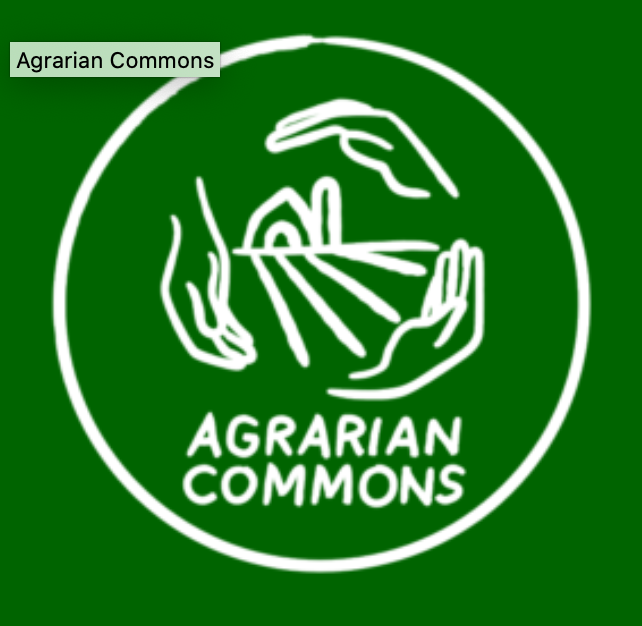Below is an excerpt from a new article of mine in a special issue of The Bridge on “complex unifiable systems.” The Bridge is a quarterly journal of the National Academy of Engineering. The article and the whole special issue are available free. Several other contributions may also be interesting to civic and political people. I would cite this piece as: Peter Levine, “The Complexity of Civic Life,” The Bridge, vol. 50, no. 4 (Winter 2020), pp. 34-6
Imagine that some college students have volunteered to serve meals at a homeless shelter. They love the experience because they are helping others. During the reflection session after the meal, one student remarks, “Serving the homeless was so great! I hope this shelter will still be open 50 years from now so that my grandchildren can also serve here.”
The progressive educator who has organized this experience is horrified and says, “No! Our goal must be to end homelessness. You must think about root causes, not treat the most superficial symptoms. What are the fundamental causes of homelessness?”
Chastened, the students debate the root causes. Some argue that homelessness results from poverty, which, in turn, is a byproduct of capitalism. Others counter that the root cause is the cost of real estate, which is inflated by -zoning laws. They are deep into a discussion of capitalism and the state when the Brazilian legal theorist and former cabinet minister Roberto Mangabeira Unger happens to walk by.
“Stop this!” cries Unger. “You are looking for fixed, simple, law-like causal relationships. We human beings have made the social world. What we have made, we can also change—not just the components, but also the many ways they fit together and affect each other.”
Unger (who is famous for long speeches) continues, “By looking for root causes, you are limiting your imaginations, assuming that the only important changes are the hardest ones to accomplish. Be more creative. What if we got rid of all zoning and rent control but also gave everyone a voucher for free rent? What if public buildings were retrofitted to allow people to sleep comfortably in them at night? What if houses were shared, and homeless people occupied the temporarily empty ones? What if…?”
The Myth of the Root Cause
I have invented this fable and Unger’s words, but I am paraphrasing portions of his False Necessity (2004) to support a serious point.
A root cause is a metaphor. The root is literally the vital part of a plant that is hidden from sight; digging it up will kill the whole organism. The word radical derives from the Latin word for root. The educator in my fable thinks he is radical because he directs his students to the deepest, least visible, and least tractable aspect of the problem, assuming that attacking a root is the way to a permanent solution.
But a social problem rarely has one root cause or leverage point. Many factors combine to determine results. The same variables that are outcomes are also inputs or causes. Virtuous and vicious circles and feedback loops are common phenomena that illustrate a broader point: any society is a complex network of causes and effects. Interventions are possible at multiple points.
Strategies and Skills for Networks of Causes
Like a root, a network is a metaphor (or mental model) for describing reality, but the difference is important. To improve a society viewed as a complex network requires particular skills and strategies—not those favored by would-be “radicals” who insist on focusing only on “the root.”
First, strategies should be tailored to an individual’s or organization’s location in the network. Management scholar Alnoor Ebrahim (2019) argues that organizations differ in how reliably they can predict outcomes in a system as a whole. They also differ in how much control they can exercise over their portions of the system.
These are two distinct dimensions. With low control but the ability to make reliable causal predictions, a wise strategy may be to identify a specific niche where the organization can operate effectively. …
[The rest is here.]

